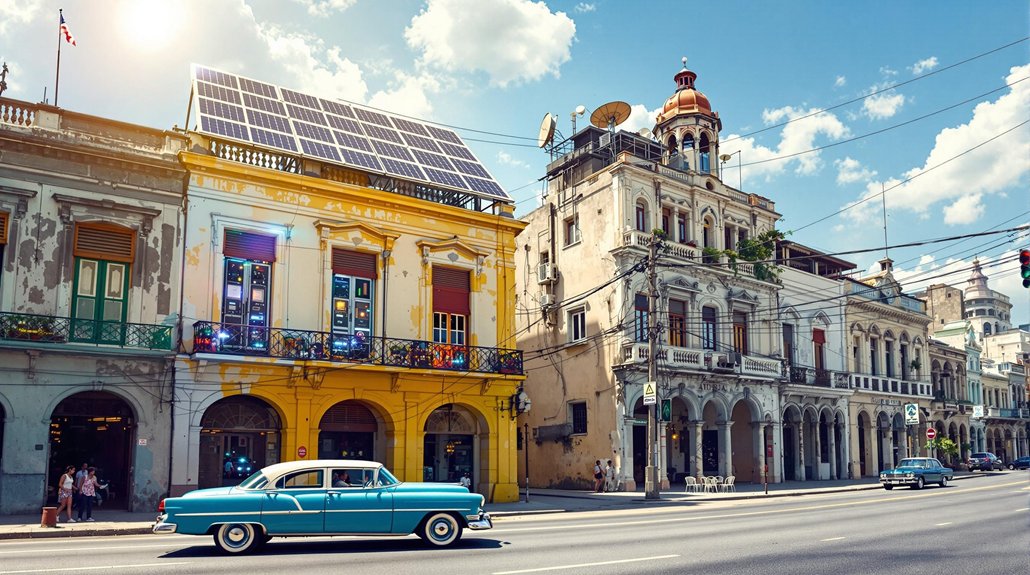Cuba is advancing its AI ambitions despite significant obstacles. The nation has developed a robust national strategy lasting until 2030, with dedicated funding and university partnerships. Cuban leaders emphasize ethical AI development and are working to close the digital divide where only 37% of homes have internet. Despite infrastructure limitations, Cuba aims to harness AI’s potential in healthcare, education, and agriculture. The island’s approach blends technological progress with social equality principles.
While many countries are just beginning to explore artificial intelligence, Cuba is making remarkable strides in its AI development. The island nation shows signs of rapid progress thanks to its long-standing professional capabilities. Experts believe Cuba could soon be at the forefront of AI innovation in Latin America despite facing significant challenges.
The Cuban government has discussed a national strategy for AI development that extends until 2030. This plan includes universities across the country, with student participation supported through contracts and payments. A Financial Fund for Science and Innovation has been created to back these initiatives and accelerate progress.
Education is central to Cuba’s AI transformation. The country is updating curricula at all levels to build AI competencies. Teachers are receiving professional development in AI technologies, while informal educational settings are being used to spread AI understanding among the general population. Science personnel and government workers are also part of dedicated AI training plans. President Miguel Díaz-Canel has emphasized the need for rapid progress in AI introduction across the nation.
Cuba’s approach to AI emphasizes ethical development with a focus on solidarity and harmony. The nation supports UNESCO‘s efforts to promote ethical AI use globally. Cuban leaders have highlighted the importance of reducing digital gaps and preventing AI from reinforcing social prejudices. The country consistently advocates for ethical considerations in technological advancements that benefit humanity and sustainable development.
Despite these advances, Cuba faces significant challenges. Only 37% of the population has internet connections at home, creating a digital divide between urban and rural areas. Limited 5G capabilities and insufficient investment in digital infrastructure present additional hurdles. Cuba is also exploring data privacy solutions that balance innovation with patient protection in its healthcare system.
Economically, AI could bring substantial benefits to the region. Forecasts suggest AI might contribute 5.4% of Latin America’s GDP by 2030, worth approximately US$0.5 trillion. For Cuba specifically, AI presents opportunities in healthcare, education, agriculture, and urban planning.
As Cuba’s AI transformation continues, effective governance and policies will be essential. The nation aims to improve living standards through AI while working to guarantee these technologies don’t worsen existing inequalities.









